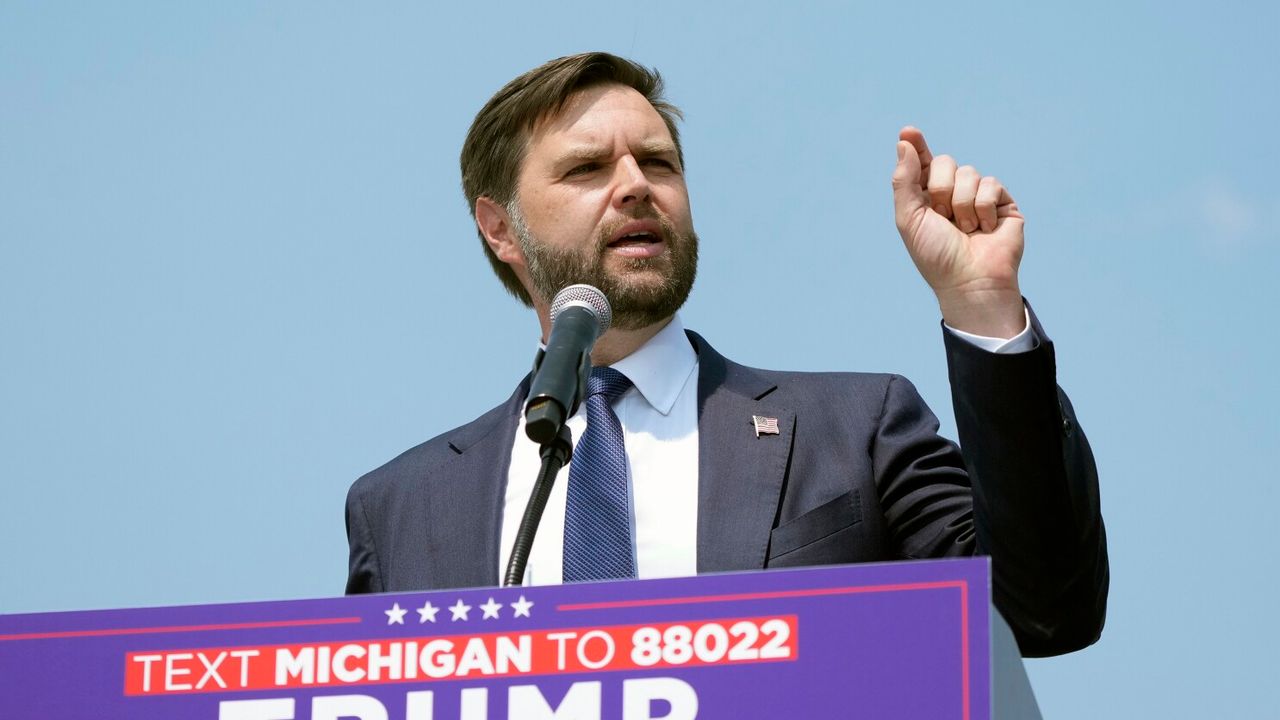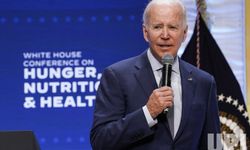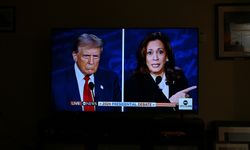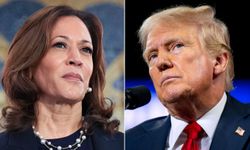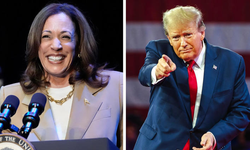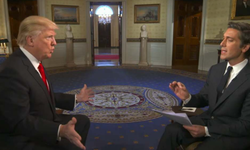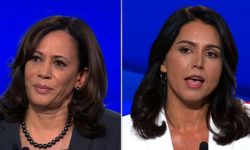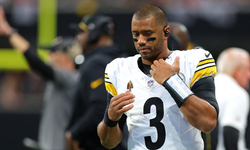However, what many may not know is the role played by a lesser-known group of Catholic thinkers who have also profoundly impacted his ideological development.
Vance’s journey through faith and politics has been marked by a blend of personal experience and intellectual exploration. His Catholicism, a central element of his identity, has shaped his views on various social and political issues. Yet, beyond the widely recognized figures and teachings of Catholicism, Vance has been influenced by a distinct group of Catholic intellectuals whose ideas have contributed to his understanding of contemporary challenges.
This group, which includes several lesser-known yet influential Catholic thinkers, is characterized by its focus on practical applications of Catholic social teaching. These thinkers have provided Vance with a framework for addressing issues such as economic inequality, social justice, and the role of religion in public life. Their ideas emphasize the integration of faith with practical solutions to societal problems, reflecting a nuanced approach to Catholic thought that goes beyond traditional theological discussions.
One of the key aspects of this intellectual influence is the emphasis on the moral and ethical dimensions of economic and social policies. Vance’s exposure to these ideas has informed his views on issues such as poverty, family dynamics, and the intersection of faith with public policy. The teachings of these thinkers advocate for a balance between individual responsibility and communal support, resonating with Vance’s own experiences and perspectives.
The impact of these Catholic thinkers on Vance’s worldview is evident in his public statements and policy positions. For instance, his advocacy for addressing economic disparity and supporting working-class families reflects the influence of Catholic social teaching, which stresses the importance of economic justice and the dignity of work. Additionally, Vance’s approach to social issues often incorporates a framework of moral reasoning and ethical consideration, aligned with the principles espoused by these intellectuals.
The presence of these thinkers in Vance’s intellectual development highlights the diversity within Catholic thought and its application to modern political and social issues. Their contributions offer a rich and complex perspective that has informed Vance’s approach to governance and public discourse. By integrating these lesser-known Catholic ideas with his own experiences, Vance has crafted a distinctive voice in American politics that bridges faith and practical policy considerations.
As Vance continues to navigate his role in public life, the influence of these Catholic thinkers remains a testament to the broader impact of faith on political thought. Their ideas have not only shaped Vance’s personal beliefs but also contributed to his approach to addressing some of the most pressing challenges facing society today. This intersection of faith and intellectual exploration underscores the enduring relevance of Catholic thought in shaping contemporary political and social discourse.
